Police dodge questions after family of girl, 14, claim she was questioned without an appropriate support person
A Top End family have claimed a young girl was dragged out of class and inappropriately questioned about a serious crime by NT Police.
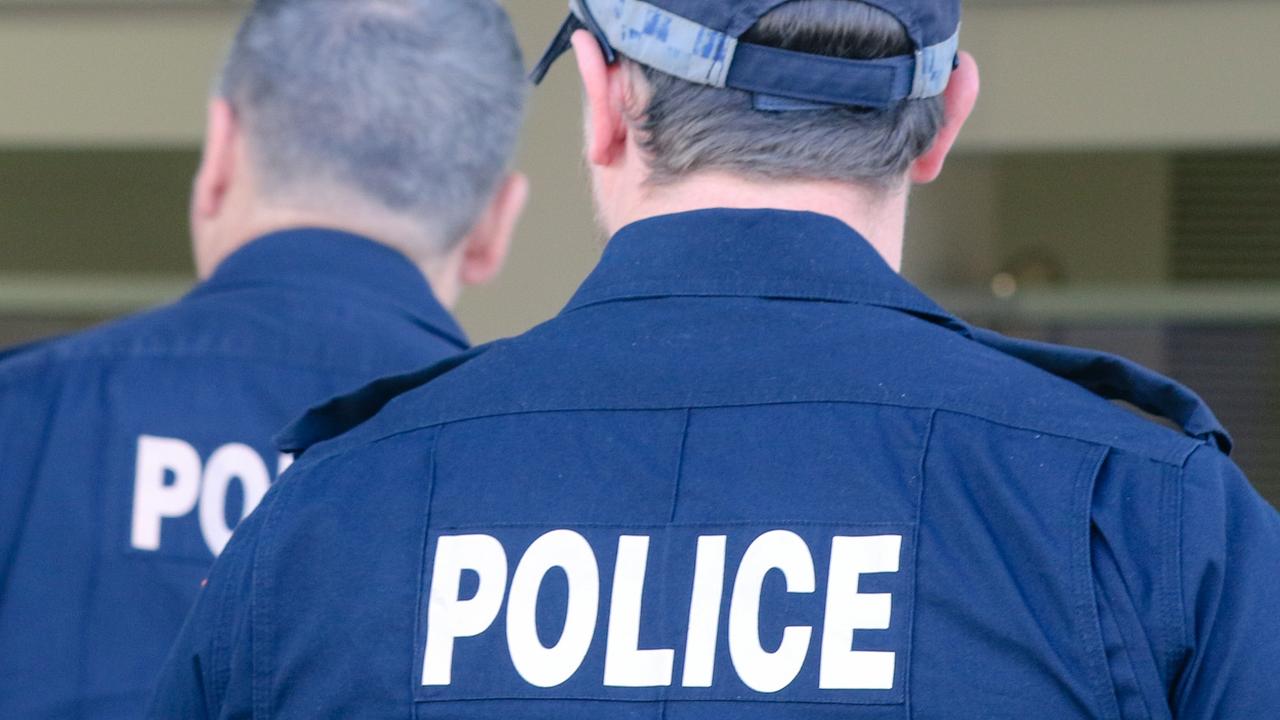
News
Don't miss out on the headlines from News. Followed categories will be added to My News.
A Top End family claims police questioned a crying 14-year-old student over a crime she did not commit and stopped her principal from calling her parents, in a potential violation of the Youth Justice Act.
The family of the girl — who has asked not to be named — said they were outraged after the 14-year-old girl returned from school traumatised and upset.
The Top End school student said she was called out of class and grilled by three male police officers in the principal’s office.
“They got me in a room, and they started asking me questions,” she said.
“I didn’t know why I was pulled in there for.”
The 14-year-old said the police accused her of vandalising a local bank the day before, simply because she had red ink on her hair and hands — which she said was caused by playing with markers to dye her hair.
Her older sister said the school principal later told her that the 14-year-old was “pretty upset and crying” and “blubbering”.
“He (the principal) asked police if he could contact a parent or guardian, and they said ‘No, he’s an adult he can be present while they question her,” she said.
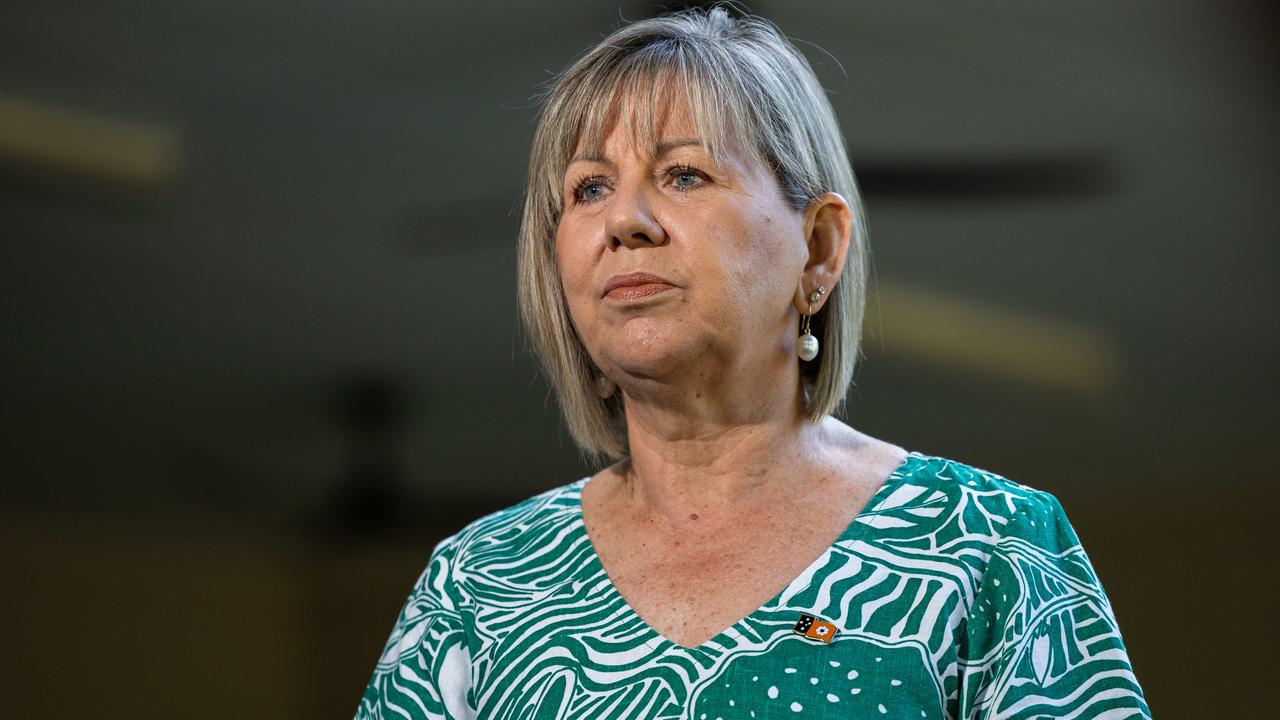
The Education Minister Jo Hersey confirmed that “the Department followed the direction of Police” in making the decision not to call the 14-year-old’s family.
Under the Youth Justice Act, before interviewing a young person police must inform them that they have the right to legal advice, and that they may contact a friend, relative or responsible adult to be present during the interview.
“The officer must not interview the youth in respect of the offence, or cause the youth to do anything in connection with the investigation of the offence, unless a (support) person … is present while the officer interviews the youth,” the Act states.
The 14-year-old’s family said at no point were they contacted by the school about this incident.
“When she got home she couldn’t even talk,” her older sister said.
“She was pretty traumatised and upset.”
She said she was “fuming” about how her “baby sister” was allegedly treated saying “they just accused her on the spot and made her feel like she was a criminal”.
“It’s pretty scary — she’s never done anything wrong, she’s never even stole from the shop,” her sister said.
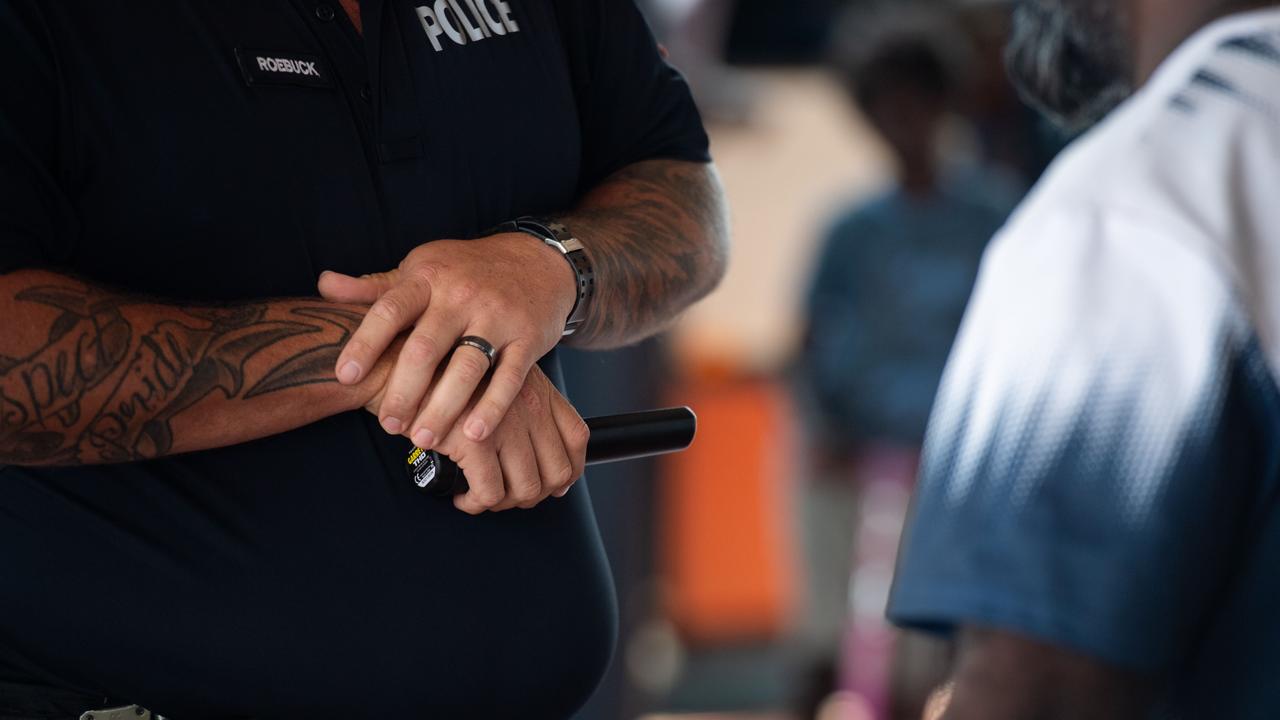
Her sister said she was concerned that a female minor was allegedly questioned by multiple male adults without a support person, particularly as the school knew how vulnerable her 14-year-old sister was.
“With my baby sister, she has a hard time understanding a few things and situations,” she said.
“My younger sister doesn’t understand certain speeches and what you’re trying to tell her.
“She needed someone she trusted and was comfortable to be with her.”
Her sister said the police — who were meant to be keeping their kids safe from bullying and violence — were instead “making them feel like criminals when they’re innocent”.
The 14-year-old did not attend school the next day, saying “I was scared and shamed to go back”.
The family have told the NT News that both the police and the school later apologised for the incident.
Ms Hersey did not respond to questions over whether she was concerned that the school allowed a minor to be interviewed without a support person or her family being notified — a potential breach of the Youth Justice Act — and if an incidents like this would damage the relationship between educators and children.
Both Ms Hersey and the Education Department referred questions to the NT Police.
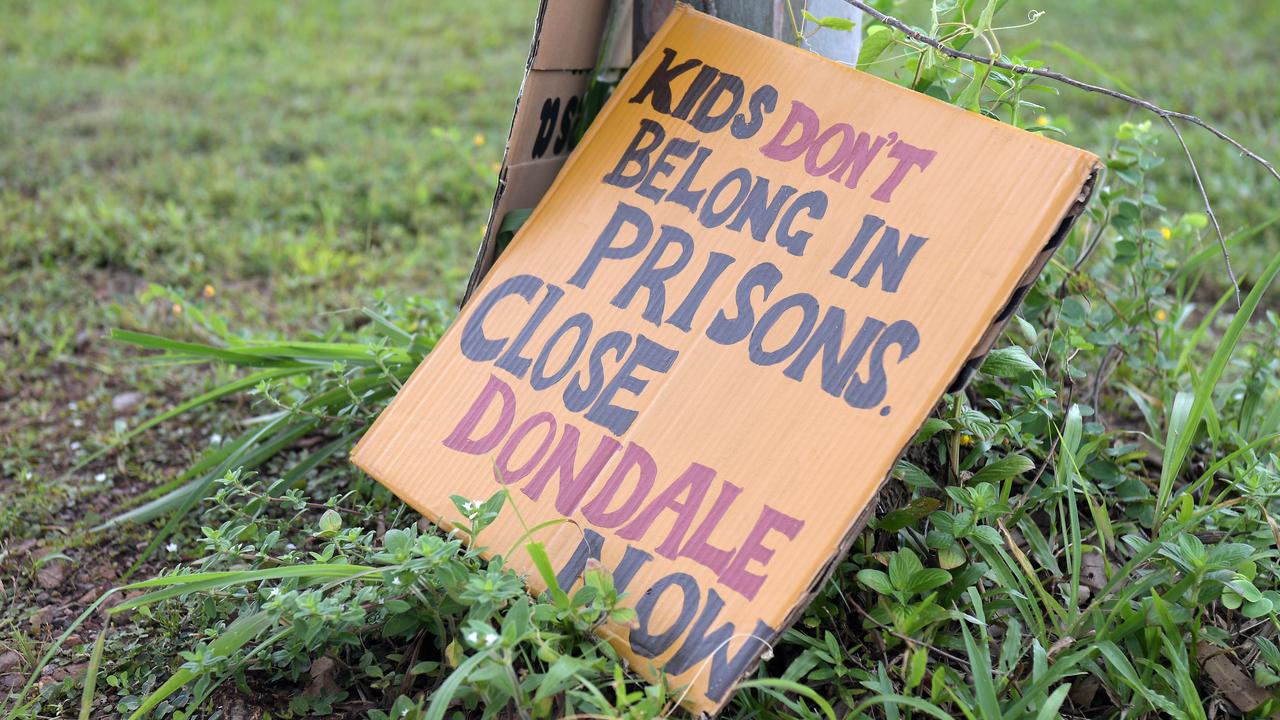
But despite multiple requests for comment, the NT Police refused to answer any specific questions about the incident.
The police responded with a statement: “In the interest of privacy and fairness, the NTPF will not be commenting”.
It comes five months after the Red Cross’s Register of Appropriate Support Persons program was cut.
The volunteer program assisted young people in Darwin, Palmerston, Katherine and Alice Springs who were interviewed by police, when no other parent, support person or guardian could be present.
In November an Australian Red Cross spokeswoman confirmed the contract was ending in December, with the service working closely with Corrections “ to enable the transition of this service”.
“We extend our heartfelt thanks to all the volunteers who contributed to the RASP program and supported young people across the Northern Territory,” it said.
Over the past five years the volunteer program has provided more than 360 hours of assistance to young people, however there was less uptake in 2023-24 with over 60 hours provided over 12 months.
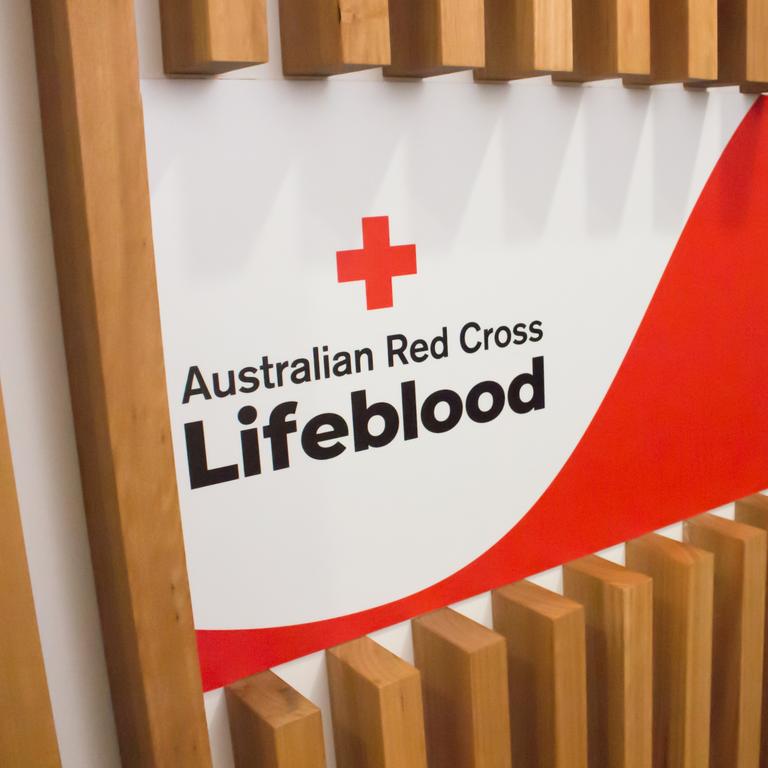
The Attorney-General’s office said this decline was as a result of the introduction of the Custody Notification Service and youth justice reforms such as On the Night Track and the Co-Responder model.
“Northern Territory Police will access Community Youth Justice Officers to assist unaccompanied young people aged 10 to 17 when they are required to attend interviews and engage with police in relation to possible criminal matters,” a spokesman said.
“If police are unable to locate a responsible adult and they believe the child is in need of protection, they can also contact the Department of Children and Families.”
More Coverage
Originally published as Police dodge questions after family of girl, 14, claim she was questioned without an appropriate support person









